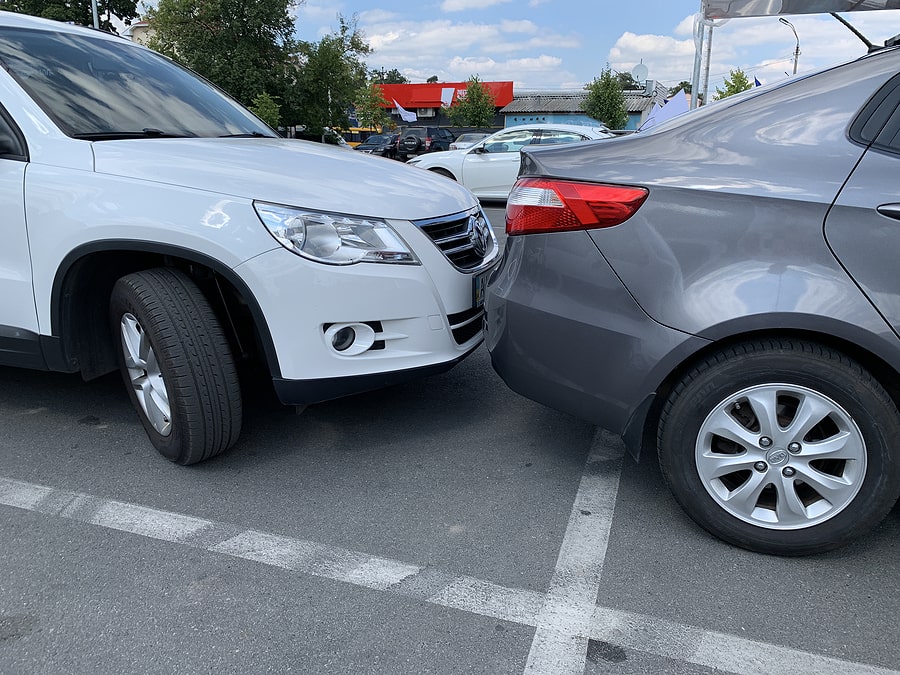The National Highway Traffic Safety Administration (NHTSA) and Federal Motor Carrier Safety Administration (FMCSA) have proposed a rule that would require heavy-duty vehicles to have speed limiters installed.
The Rule
If promulgated, the rule would apply to heavy vehicles with a gross vehicle weight rating (GVWR) of 11,793.4 kilograms (~26,000 lbs). The proposed rule identifies a few types of “heavy vehicles” such as multipurpose passenger vehicles, trucks, buses, and school buses. In addition, the vehicles must be operating in interstate commerce in order for the federal requirements to apply (state requirements may impose different standards).
The rule would require vehicle manufacturers to have these devices installed prior to sale and to have the “device set to a speed not greater than a specified speed and to be equipped with means of reading the vehicle’s current speed setting and the two previous speed settings (including the time and date the settings were changed) through its On-Board Diagnostic connection.” The ‘specified speed’ has not yet been determined. Some commenters have suggested speed limits ranging from 60-85 mph. Both the NHTSA and the FMCSA are proposing that the speed limiters remain activated throughout the life of the truck.
Pros.
There are a few key reasons for having speed limiters installed in heavy vehicles:
- Saving Lives – The American Trucking Association has indicated that 18% of fatal crashes involving heavy vehicles were due to excess speeding. Trucking accidents cause a number of fatalities annually and improved road safety will attempt to minimize these tragic deaths.
- Fuel Efficiency – The Insurance Institute of Highway Safety has posited that reductions in speed by just 1 mile per hour can benefit from fuel savings of about 1 percent. Driving faster requires more fuel because of wind resistance pushing against the front of the vehicle, attempting to slow it down. Oil is slowly depleting and any step towards efficiency can only help.
- Reduced Emissions – Whether you believe in global warming or not, there is no doubt that we are pumping more carbon dioxide into the air than ever before. Reducing speed means less fuel consumption, which in turn reduces CO2 emissions.
Cons.
Major trade associations such as the Owner-Operator Independent Drivers Association (OOIDA) and have been long opposed to speed limiters. Arguments against speed limiters are as followed:
- Unintended Safety Consequences – Speed limiters will necessarily create a speed difference between heavy vehicles and smaller commuter vehicles. Smaller vehicles may attempt to overtake trucks on roads and highways, creating unsafe driving conditions. Also, trucks with speed limiters in them may be unable to accelerate properly in order to avoid a collision or other obstruction on the road. The ability to speed is viewed as a necessity for safety of the driver of the heavy vehicle.
- Increased Congestion on Roads – Restricting the speed on heavy vehicles may result in increased traffic congestion. Allowing tractor trailers, semis, buses, etc, to speed will ensure an efficient traffic flow pattern. Two-lane and four-lane highways would be clogged with speed-limited vehicles and this in turn would slow down smaller vehicles as they try to pass the larger vehicles.
- Loss of Profit – The OOIDA has suggested that speed limiters could cost some vehicle operators 50-55 miles a day, which would equate to a loss of up to $85 daily (or $22,000 a year). Most heavy vehicles carrying goods operate on a strict timeline. Many companies rely on the timely delivery of their goods to various places. Truck drivers are people too – they eat, sleep, and use the bathroom every once in a while. Allowing truck drivers to speed will ensure the timely delivery of goods to their destination, which in turn keeps businesses operating.
There are still many questions that remain unanswered. For instance, how will the limiter work in states whose speed limit is higher than that of the limit? Effectively requiring a large vehicle to under-speed seems counterintuitive. Will there be different limits for every state or region? What will the limit (MPH) be? Who will service and maintain the devices once they are installed? Is there a penalty for tampering with or otherwise knowingly violating the rule? If so, will that penalty be a sufficient deterrent to prevent the undesired actions?
Call a Houston 18 Wheeler Wreck Lawyer Today
Whatever the outcome of this debate may be, Stewart J. Guss, Attorney At Law will continue to follow this proposed rule closely. If you have been involved in a truck accident and would like to find out whether you have a claim, contact our office today at 800-898-4877.
1 https://www.federalregister.gov/documents/2016/09/07/2016-20934/federal-motor-vehicle-safety-standards-federal-motor-carrier-safety-regulations-parts-and
2 http://www.trucking.org/article/ATA-Urges-the-Obama-Administration-to-Act-to-Reduce-Truck-Speeds
3 http://www.iihs.org/iihs/sr/statusreport/article/45/8/2





